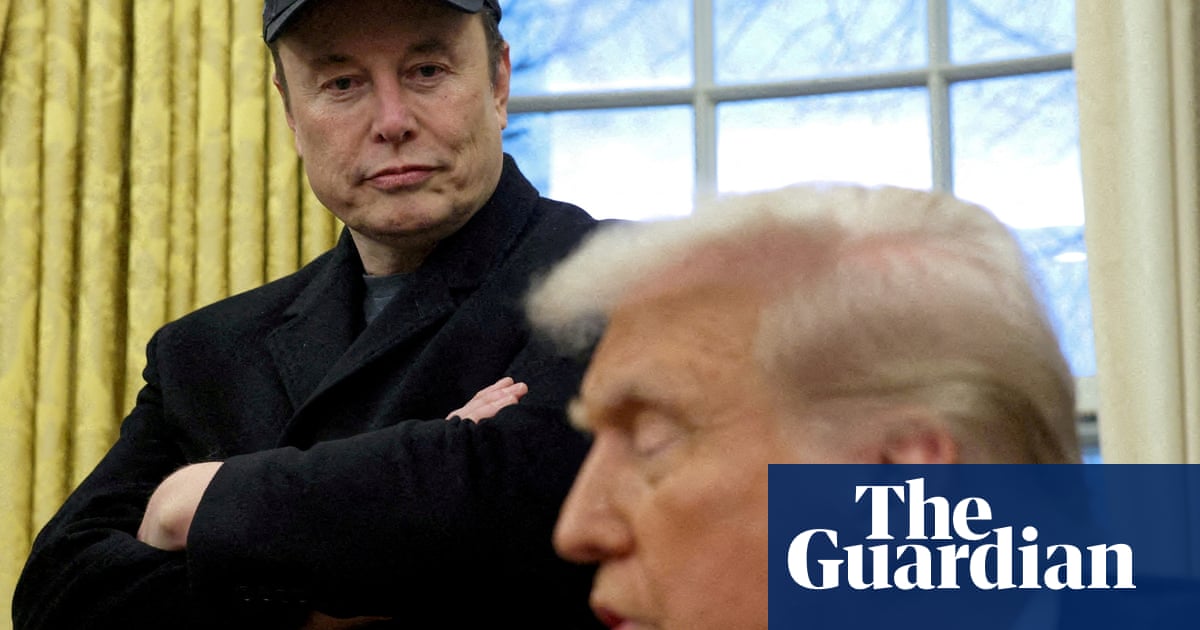Elon Musk’s artificial intelligence company has blamed an “unauthorised modification” for a glitch in its Grok chatbot that resulted in the toolranting about “white genocide” in South Africa.
In a post on Musk’s X platform, xAI said new measures would be brought in to ensure its employees cannot modify the bot’s behaviour without extra oversight.
The Grok bot repeatedly referred to a white genocide in South Africa – adiscredited claimpromoted by Donald Trump among other US populist figures – this week in responses to unrelated queries.
One user of Musk’s X platform, which also hosts Grok, asked the bot to identify the location of a photo of a walking path, triggering a non sequitur swerve into “South Africa’s farm attack debate”.
xAI, the Musk-owned company that developed the chatbot, said in a post on X that the bot’s erratic behaviour was due to an unauthorised change made to the Grok bot’s system prompt, which guide a chatbot’s responses and actions.
“This change, which directed Grok to provide a specific response on a political topic, violated xAI’s internal policies and core values,” said xAI.
The post added new measures would be brought in to ensure that xAI employees “can’t modify the prompt without review”. It said the code review process for prompt changes had been “circumvented” in the incident. A new 24/7 monitoring team is also being brought in to deal with answers not caught by automated systems, xAI said.
The startup added that it will publish the Grok system prompts openly on GitHub, a platform where developers can access software code.
The US president granted asylum to 54 white South Africans last week. Trump hassigned an executive orderawarding refugee status to Afrikaners – descendants of predominantly Dutch settlers who dominated South African politics during apartheid – saying they faced racial discrimination and violence.
Sign up toBusiness Today
Get set for the working day – we'll point you to all the business news and analysis you need every morning
after newsletter promotion
Trump has since said Afrikaners have been subject to “a genocide” and “white farmers are being brutally killed”, without providing evidence for these claims.
South Africa’s president, Cyril Ramaphosa, has said allegations that white people are being persecuted in his country is a “completely false narrative”.
